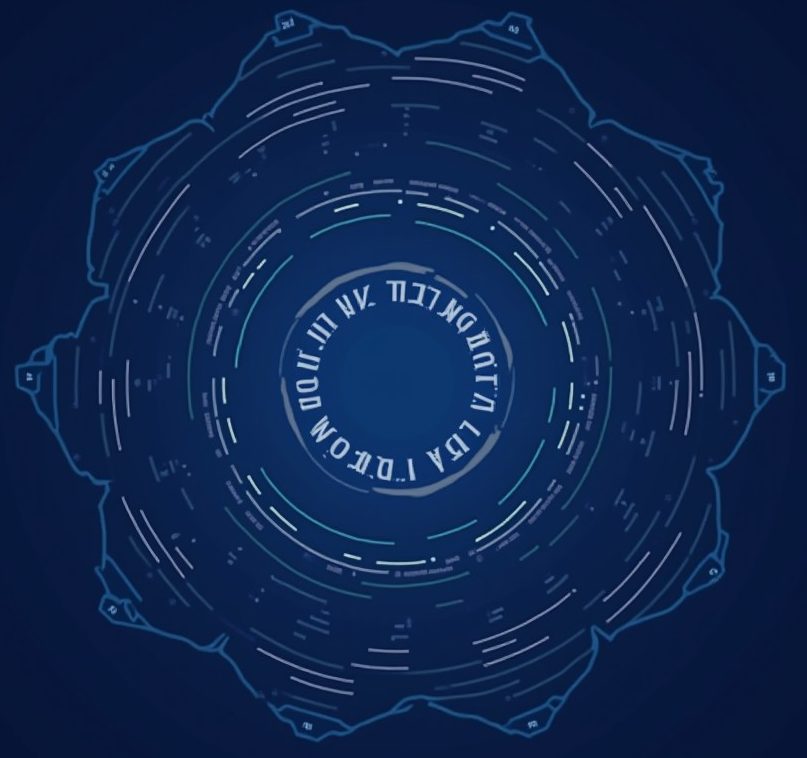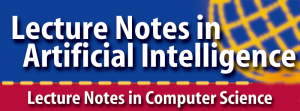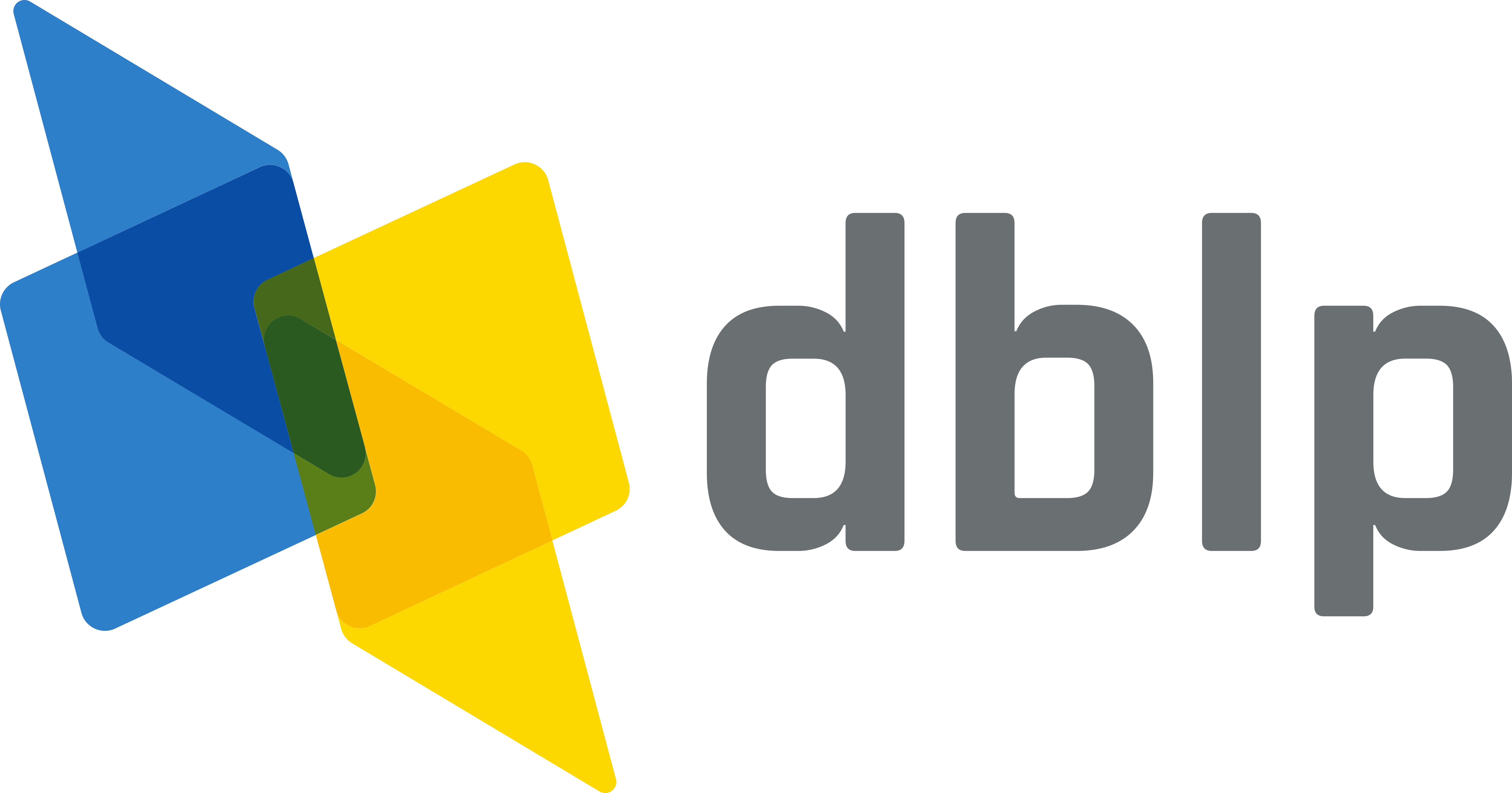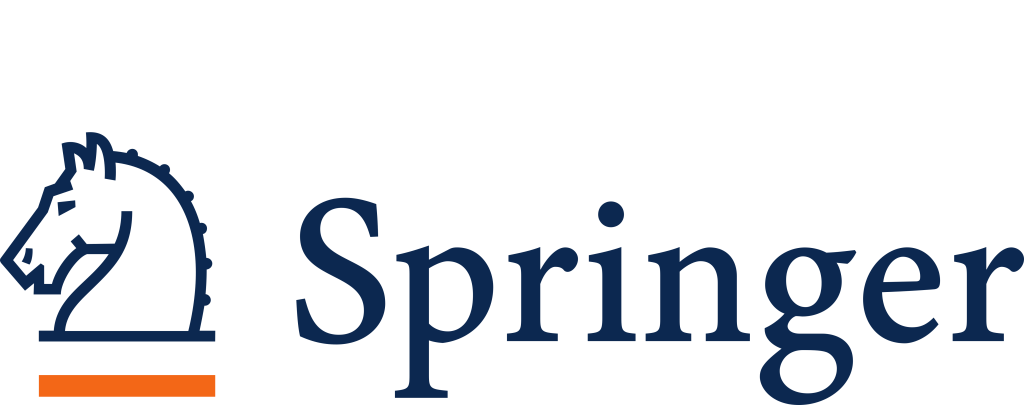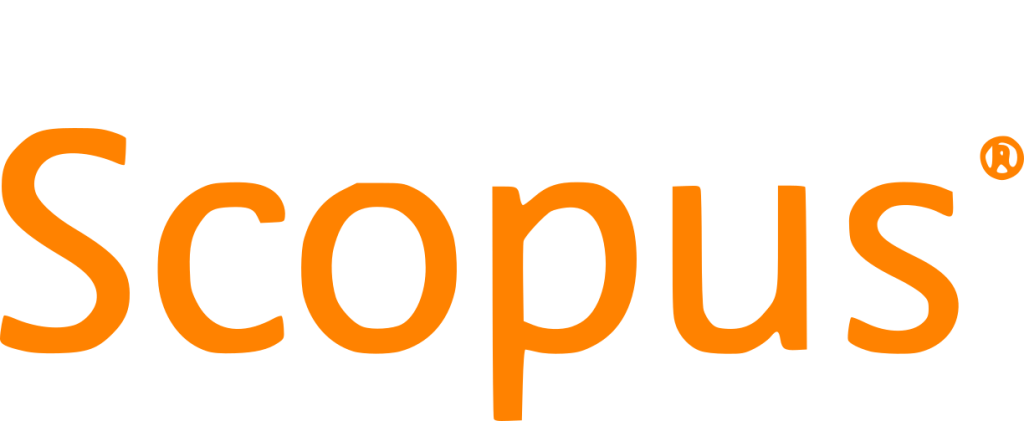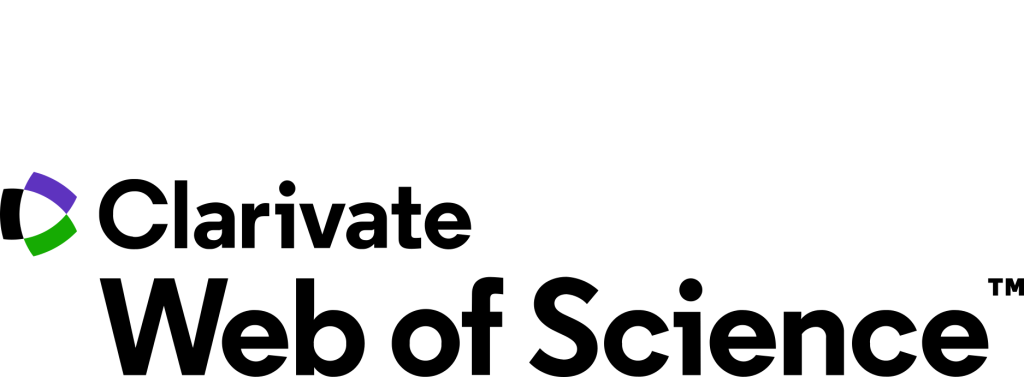The EPIA 2025 international conference
Artificial Intelligence for Industry and Societies (AI4IS)
Thematic track of the 24th Portuguese Conference on Artificial Intelligence (EPIA 2025)
October 1-3, 2025, Faro, Portugal.
Webpage: https://epia2025.ualg.pt/
Nearest deadline
|
Notification of paper acceptance: |
July 4, 2025 |
Important dates
|
Camera-ready papers deadline: |
July 14, 2025 (AoE) | |
|
Early registration deadline: |
July 18, 2025 (AoE) | |
|
Late registration deadline: |
August 14, 2025 (AoE) | |
|
Conference: |
October 1-3, 2025 |
Proceedings and presentation
- Accept papers will be included in the conference proceedings as long as at least one author is registered in EPIA 2025 by the deadline of early bird registration.
- EPIA 2025 proceedings are indexed in Thomson Reuters ISI Web of Science, Scopus, DBLP and Google Scholar.
Introduction
Societies are highly dependent on electricity use to ensure safe, reliable, and comfortable living. The increase of electricity demand is expected to continue in the future and it is considered a crucial requirement for economic development. Concerns about the impact of electricity use in the environment and about the eventual fuel based primary source shortage are presently taken as very serious at scientific, economic and politic levels. These concerns have led to intensive research and to new energy policies envisaging the increased use of renewable energy sources for electricity production and increased energy use efficiency.
In such a dynamic, complex, and competitive environment as the power and energy sector, the use of artificial intelligence is of crucial importance to enable taking full advantage from the opportunities in the field in order to overcome the challenges that are constantly arising.
This track aims at bringing together different experiences in the application of artificial intelligence to power and energy problems. This track targets the contribution of the main international experts in the field, both from academia and industry.
Topics of interest
- Innovative and exciting works are welcome in areas including but not limited to:
- Business, Industry and Smart Factory
- Advanced data visualisation and data management techniques and solutions
- Advanced interactive technologies, including augmented/virtual reality
- Advanced mechanical engineering technologies with Machine Learning
- AI-assisted designs and process simulations
- Artificial intellect
- AI for Sustainability (e.g. LCA, ESR)
- Artificial Intelligence solutions and applications in Industry (e.g. Energy, Metal, Textil, Garments, others)
- Augmented reality with artificial Intelligence
- Authentication, data security and protection
- Automation and intelligent robotics
- Controlling textile materials using AI
- Cyber-physical systems (CPS) with Artificial Intelligence (AI)
- Industrial Internet of Things (IIoT) – Internet of Things modules, platforms and applications applied to Industry
- Minimizing production scrap
- Minimizing the use of energy and raw materials
- Mimimizing CO2 and other greenhouse gas (GHG) emissions
- Mobile and wearable devices with AI modules
- Optimizing melting, heat treatment and production process parameters using data collection, analysis, and interpretation
- Optimizing the design, development and production processes of textiles and Fibers using AI
- Quality Control Systems
- Scrap management systems
- Smart factory, production technologies and systems
- Smart sensors and biosensors
- Sorting technologies in scrap recycling
- Sustainable and Smart Cities and Societies
- Big data, open data, and analytical tools
- Bring Your Own Device (BYOD) solutions
- Disaster management
- Internet of Things (IoT) for smart cities
- Responsible innovation
- Smart buildings
- Smart economy
- Smart energy
- Smart garbage and PAYT
- Smart governance
- Smart grids infrastructures
- Smart Living, Wellbeing, and healthcare
- Smart people
- Smart sensing
- Smart Transportations and Urban Mobility
- Technological infrastructure for smart cities support
- Web/mobile solutions with AI
Submissions must be original and can be of two types: regular (full-length) papers should not exceed twelve (12) pages in length, whereas short papers should not exceed six (6) pages. Each submission will be peer-reviewed by at least three members of the Program Committee. The reviewing process is double-blind.
Organizing committee
- Filipe Portela, University of Minho
- Sherin M. Moussa, Université Française d’Égypte
- Teresa Guarda, Universidad Estatal Peninsula de Santa Elena, Ecuador
- Ioan M. Ciumasu, University of Paris-Saclay
Programme committee
- Antonio Moreira, 2Ai-School of Technology, I
- Daniel Urda, University of Burgos
- Jorge Bernardino, ISEC – Polytechnic Institute of Coimbra
- Panos Fitsilis, University of Thessaly
- Inna Skarga-Bandurova, Oxford Brookes University
- Hatem Mrad, Université du Québec en Abitibi-Témiscamingue
- Ana Azevedo, CEOS.PP, ISCAP, P.PORTO
- Hanmin Jung, KISTI
- Matsatsinis Nikolaos, Technical University of Crete
- Antoni Morell, Universitat Autònoma de Barcelona (UAB)
- Sergio Ilarri, University of Zaragoza
- Mariam Gawich, UniversitE Francaise d’Égypte UFE
- Alfonso González Briones, University of Salamanca
- Spyros Panagiotakis, Hellenic Mediterranean University
- Omid Fatahi Valilai, School of Business, Social & Decision Sciences, Constructor University Bremen
- Marco Alfonse, Université Française d’Egypte (UFE)
- Vicente Ferreira De Lucena Jr, Federal University of Amazonas
